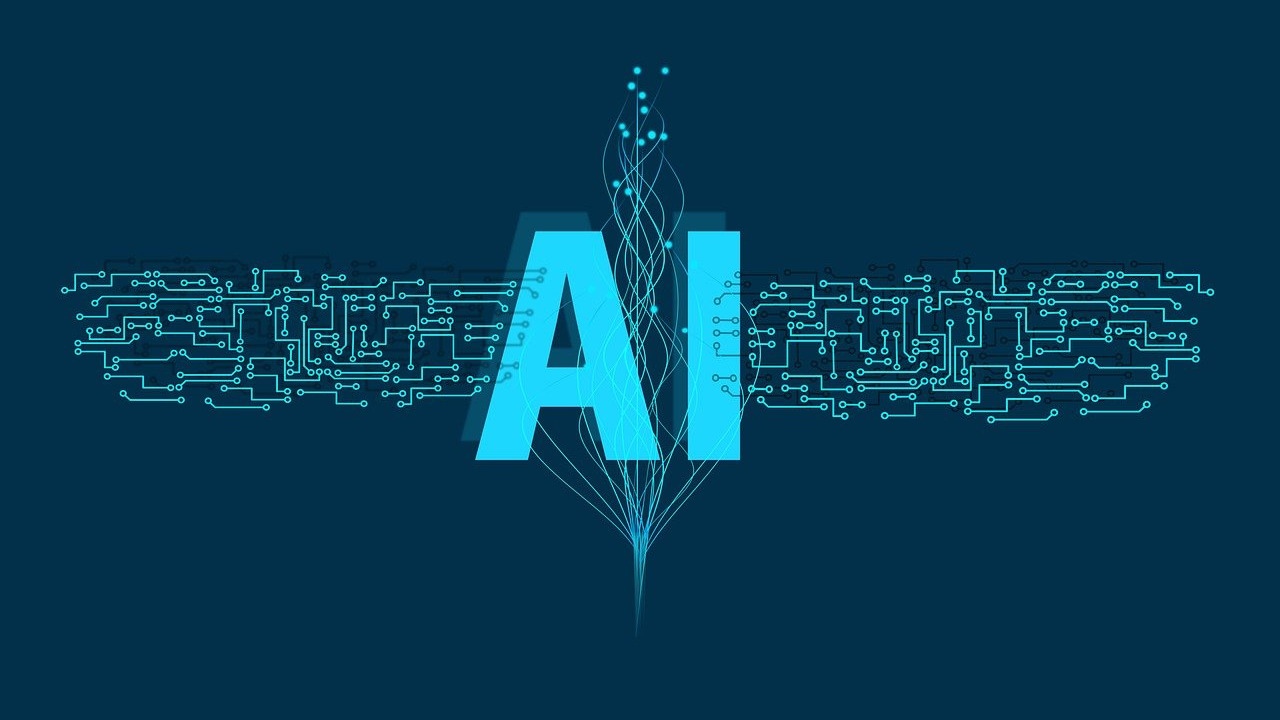DFG approves follow-up proposal for our project "Accountable Artificial Intelligence-based Systems”
(15.08.2023) The German Research Foundation (DFG) has approved our follow-up proposal to continue joint research with Prof. Alexander Benlian in the topic area of Accountable AI for another 24 months.

Short summary:
The prior results of our research threefold: (1) the implementation of accountability mechanisms in the user interface of an accountable AI-based information system (AAIS) increases users' perceptions of accountability and their intention to follow the AAIS’s advice; (2) architects attribute more accountability to themselves than they perceive others to attribute to them; and (3) this incongruence in accountability perceptions leads to ambiguity about the architects’ job role and ultimately lowers job satisfaction.
In light of these scientific results, further research gaps have been identified: There is a lack of reliable evidence and explanatory models on factors influencing the accountability perceptions and attributions of AI stakeholders (i.e., users, providers, and architects). In particular, the effects of accountability on the AI stakeholder behaviors remain unclear. In addition to the architects of AAIS, the providers of AAIS are influenced by their interactions with AAIS and other AI stakeholders. These interactions and perceptions can lead to positive and negative reactions concerning the usage of AAIS, and may not even be the same and thus congruent between AAIS stakeholders. As a result, certain coping behaviors may emerge among AI stakeholders (e.g., task-oriented, emotion-oriented, and avoidance-oriented coping behavior). Thus, three central research questions have been derived, which represent the focus of this follow-up research project: (1) “How does accountability affect AI stakeholder perceptions?”, (2) “How does (in-)congruence in the accountability perceptions of AI stakeholders affect their attitudes and reactions?”, and (3) “How does accountability affect AI stakeholder behaviors?”.
To answer the first research question, theoretical models of the effect of accountability mechanisms on architects’ and providers’ perceptions will be developed and empirically tested. The second research question should be addressed by examining potential perceptual (in)congruencies between AAIS stakeholders. The results of the first two research endeavors will thus allow a deeper understanding of important perceptual processes within individual and between different AAIS stakeholders. To answer the third research question, two studies in cooperation with AI companies will be conducted: First, a randomized field experiment will be conducted to investigate different AAIS designs in user interfaces in a real-life setting. Doing so allows the investigation of how user behaviors differ when they can be held accountable through accountability mechanisms. Second, a qualitative study will shed light on how the behaviors of architects differ due to differences in assigned accountability. Overall, by answering the three research questions, we make an important and timely contribution to a better understanding and use of AAIS.
